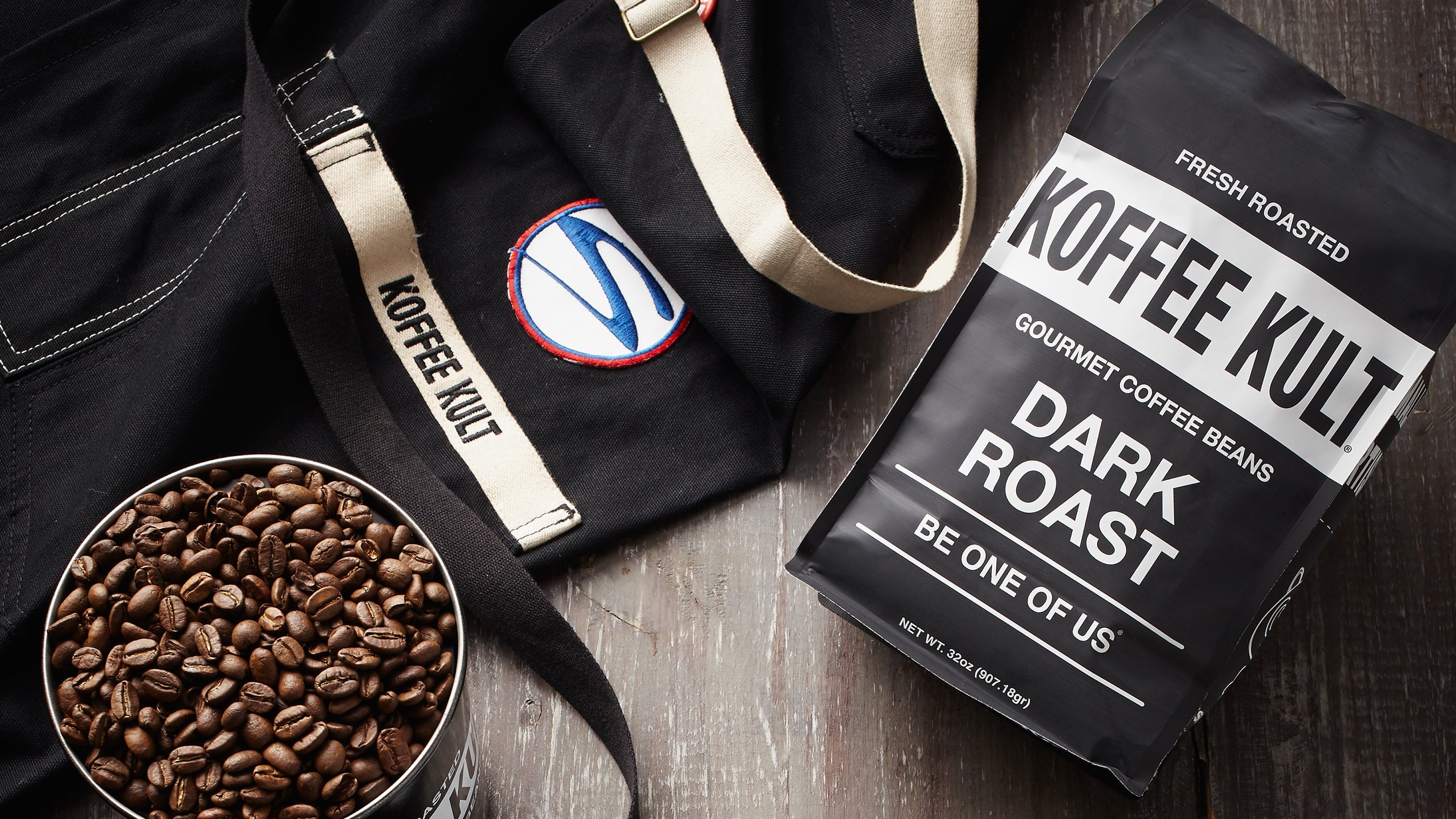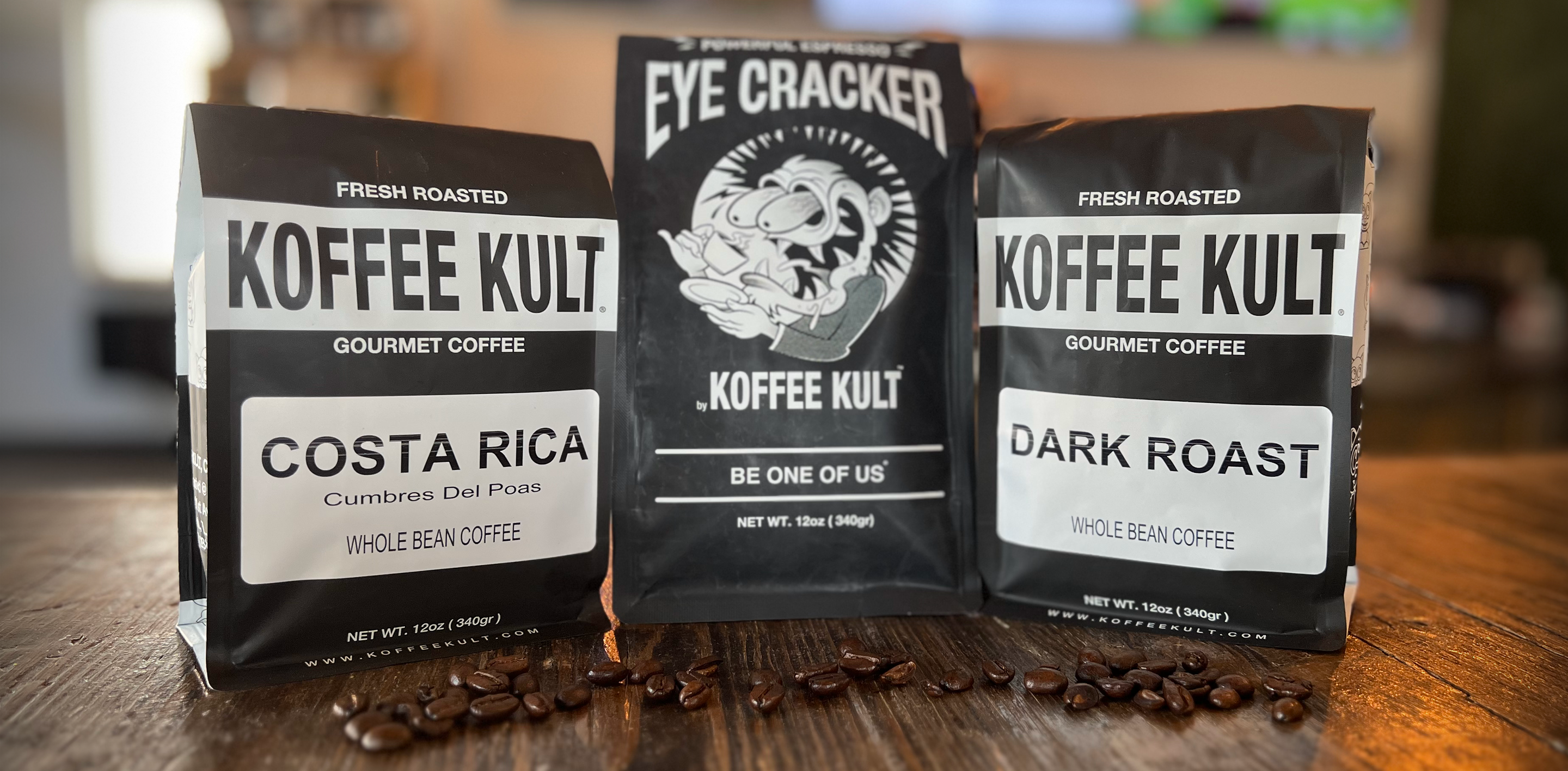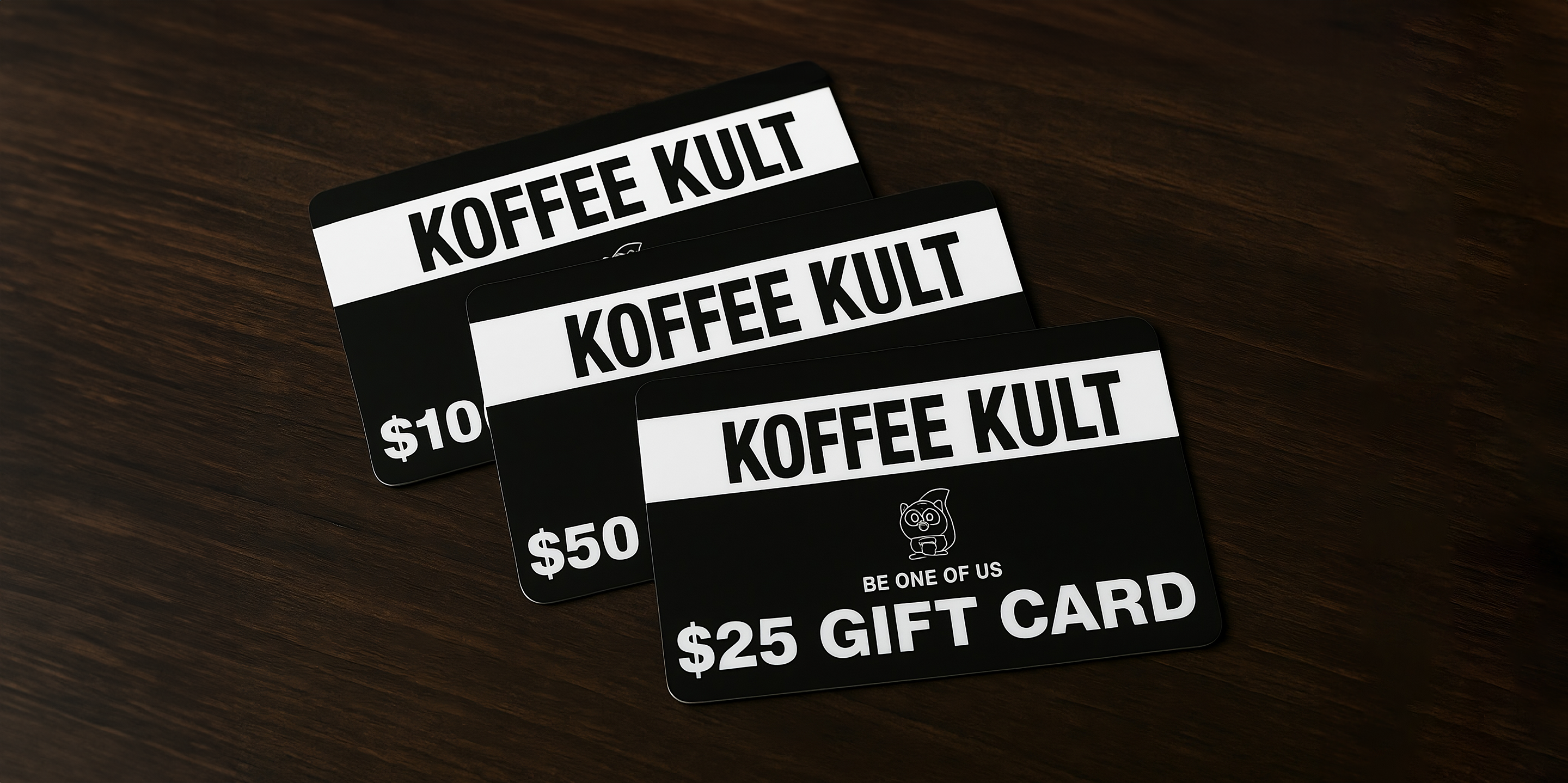Coffee Addiction and Cure
The love for coffee can be both a blessing and a curse. As the fresh coffee aroma fills the air, your body prepares itself to ingest the elixir that gives it life. But what happens if you do not feed your body coffee for a day, 3 days, or ever? Would your mind and body be affected at all? Turns out, coffee addiction is a very real addiction. For those avid coffee drinkers, within a day you can begin to feel withdrawal symptoms. Of course, these withdrawal symptoms are not like the typical symptoms you would experience with nicotine; nonetheless, your body will know it is being deprived of its usual caffeine.
You may be thinking, it is not possible to become addicted to something that isn’t a drug, however, it is possible and coffee addiction affects millions of people throughout the country. Coffee addiction stems from the body’s craving for caffeine.
Over 150 million Americans consume coffee daily, in a variety of quantities. Caffeine is a very common substance that can be found in a wide range of products such as coffee, energy drinks, soda and much more. Coffee addiction is also so prominent because the act of consuming caffeine is in fact quite mundane. A cup of fresh coffee on the way to work, another cup at the office, and maybe even a third cup when that 3 p.m. sleepiness swoops in.
What makes coffee addicting? Simply put: it’s not the coffee that is addicting so much as it is the presence of caffeine. The way that it affects the brain and leaves the consumer with a more awake and alert feeling is later craved to reproduce the same results. Once caffeine is consumed, it is absorbed through the small intestine and later enters the blood stream. The chemical make-up of caffeine allows it to enter the blood-brain barrier and reach the brain. Once inside, caffeine closely resembles a natural molecule of our brains called adenosine. Adenosine is responsible for our bodies and minds feeling tired; however, since caffeine so closely resembles this molecule, it can link to our brain cells’ receptors and block out adenosine molecules. This leaves you feeling more awake and alert longer.
This process is how the body becomes addicted to constant caffeine intake supplied in the form of coffee, and it doesn’t help that coffee can taste great! As you consume more caffeine, the brain cell receptors increase to balance out the increased caffeine intake, therefore increasing your tolerance. So, when you consume fresh coffee, your brain is ready to handle the rush of adenosine blockers and remain awake. However, when caffeine is suddenly not consumed, there are no longer any adenosine blockers to meet the increased number of brain cell receptors and the dreaded caffeine withdrawal symptoms begin to kick in.
So, how do you kick the habit? Luckily, ending your torrid love affair with caffeine is not as difficult as you may think. The cure to your coffee addiction is as simple as not consuming caffeine for roughly a week and a half. Your body slowly begins to decrease the number of adenosine receptors and over time will revert to a neutral level. The trick to curing your caffeine addiction is quitting cold turkey.











